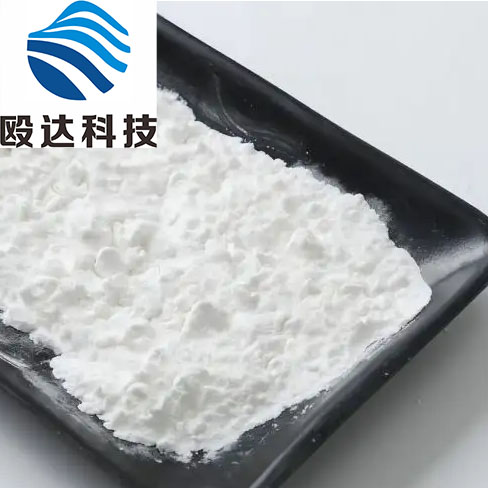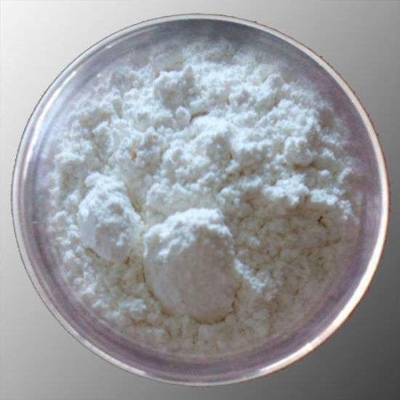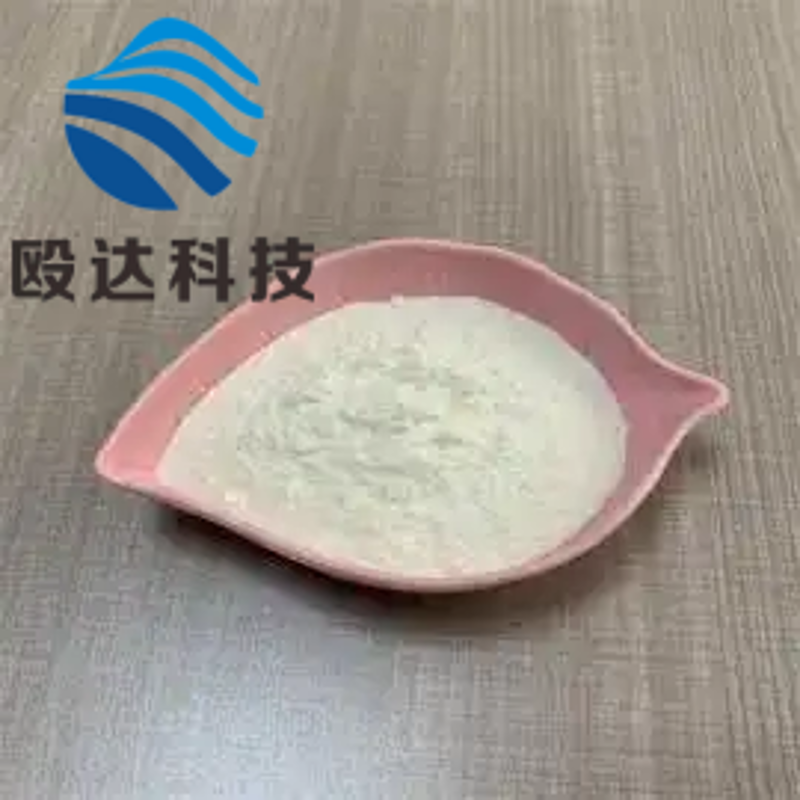-
Categories
-
Pharmaceutical Intermediates
-
Active Pharmaceutical Ingredients
-
Food Additives
- Industrial Coatings
- Agrochemicals
- Dyes and Pigments
- Surfactant
- Flavors and Fragrances
- Chemical Reagents
- Catalyst and Auxiliary
- Natural Products
- Inorganic Chemistry
-
Organic Chemistry
-
Biochemical Engineering
- Analytical Chemistry
- Cosmetic Ingredient
-
Pharmaceutical Intermediates
Promotion
ECHEMI Mall
Wholesale
Weekly Price
Exhibition
News
-
Trade Service
Purpose: Predicting the progression of diabetic nephropathy (DKD) is essential to improve the prognosis
.
We are trying to validate a machine learning prognostic risk score (KidneyIntelX™) that combines electronic health records (EHR) and biomarkers
Methods: This is an observational cohort study.
The subjects are DKD patients from two EHR-related biobanks
.
Train a random forest model and compare its performance (AUC, positive and negative predictive value [PPV/NPV] and net weight classification index [NRI]) with clinical models and nephropathy: Improved global outcome (KDIGO) category predicts a drop in eGFR of ≥5 ml /min/year, continuous decline ≥40%, or composite outcome of renal failure within 5 years
The improved global outcome (KDIGO) category predicts a composite outcome of a decline in eGFR of ≥5 ml/min/year, a continuous decline of ≥40%, or renal failure within 5 years
event
Figure 1 shows the Shapley Additive Interpretation (SHAP) diagram of relative feature importance
.
The SHAP summary graph is sorted according to the importance of features
Figure 1 shows the Shapley Additive Interpretation (SHAP) diagram of relative feature importance
Figure 2 (A) KidneyIntelX predicts the risk in the derived set, (B) KidneyIntelX predicts the risk in the validation set, and (C) predicts the distribution of KidneyIntelX scores in DKD patients based on the risk of the compound kidney endpoint in the derived and validation set
.
(a, b) Events are represented by orange dots (progress), representing the composite renal endpoint within 5 years
Figure 2 (A) KidneyIntelX predicts the risk in the derived set, (B) KidneyIntelX predicts the risk in the validation set, and (C) predicts the distribution of KidneyIntelX scores in DKD patients based on the risk of the compound kidney endpoint in the derived and validation set
Figure 3 Test characteristics and comprehensive clinical model of KidneyIntelX
Figure 3 Test characteristics and comprehensive clinical model of KidneyIntelXFigure 4 The Kaplan-Meier curve of KidneyIntelX risk stratification shows that in the derived (A) and validated (B) sets, EGFR continues to decline by 40% or the end point of renal failure
.
The derived risk limits for verification are: low risk 0.
Figure 4 The Kaplan-Meier curve of KidneyIntelX risk stratification shows that in the derived (A) and validated (B) sets, EGFR continues to decline by 40% or the end point of renal failure
Compared with KDIGO and clinical models, KidneyIntelX improves the prediction of renal prognosis in patients with early DKD
Chan L, Nadkarni GN, Fleming F,et al, Derivation and validation of a machine learning risk score using biomarker and electronic patient data to predict progression of diabetic kidney disease.
Derivation and validation of a machine learning risk score using biomarker and electronic patient data to predict progression of diabetic kidney disease.
Leave a message here







